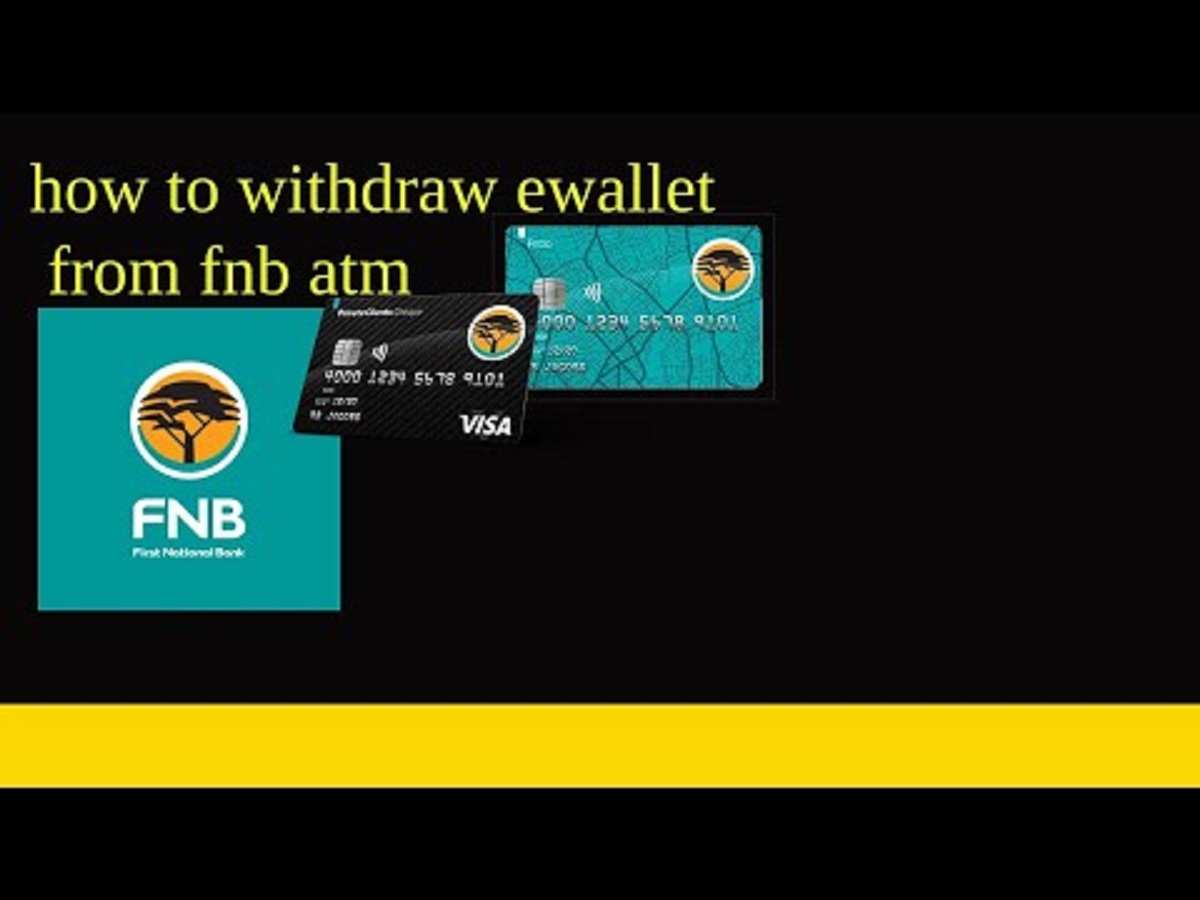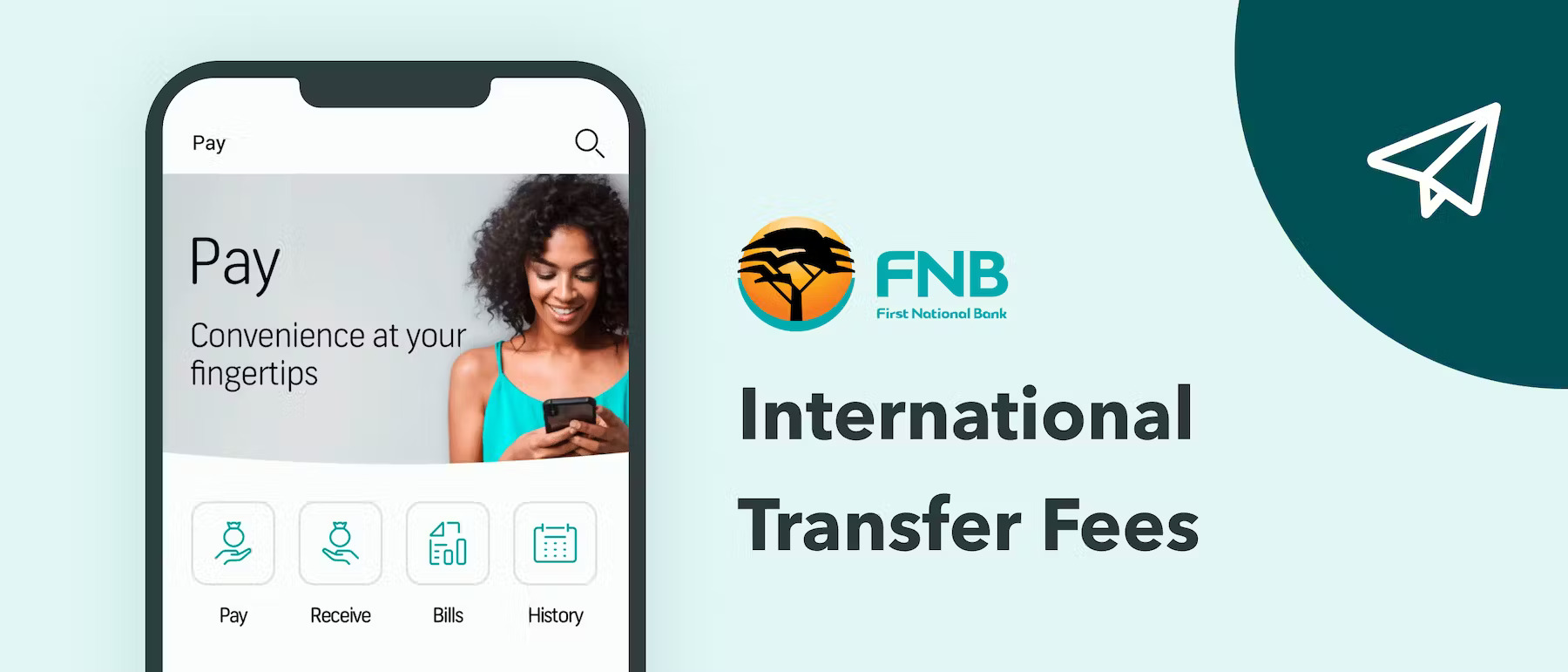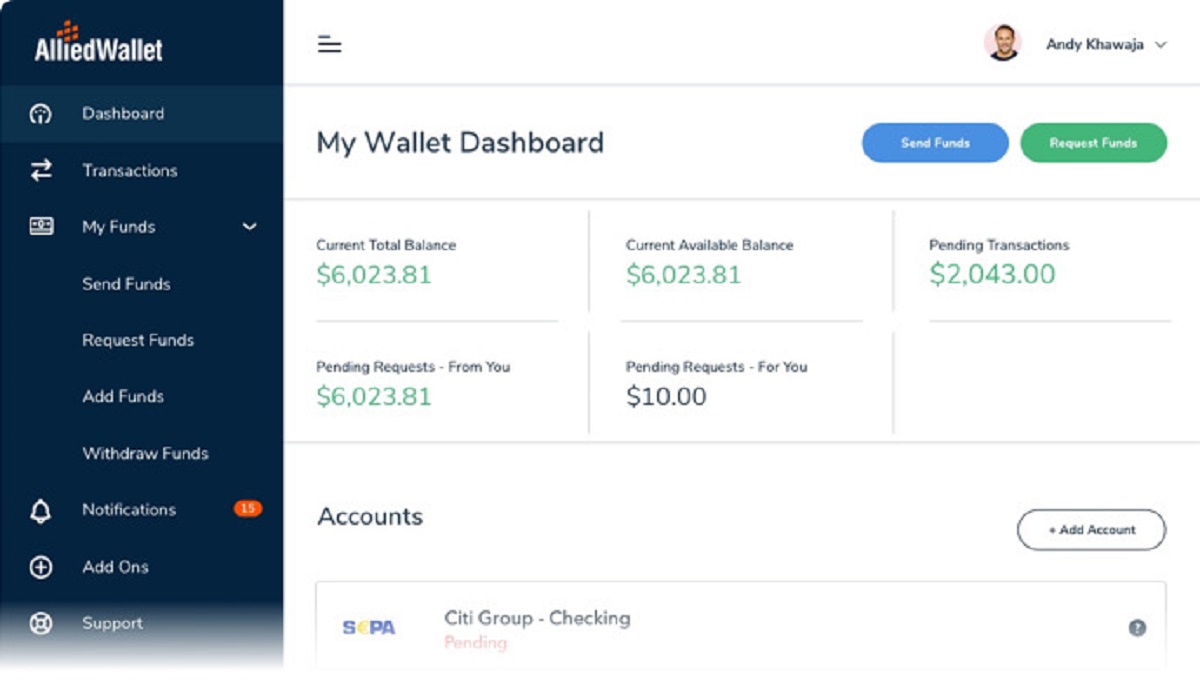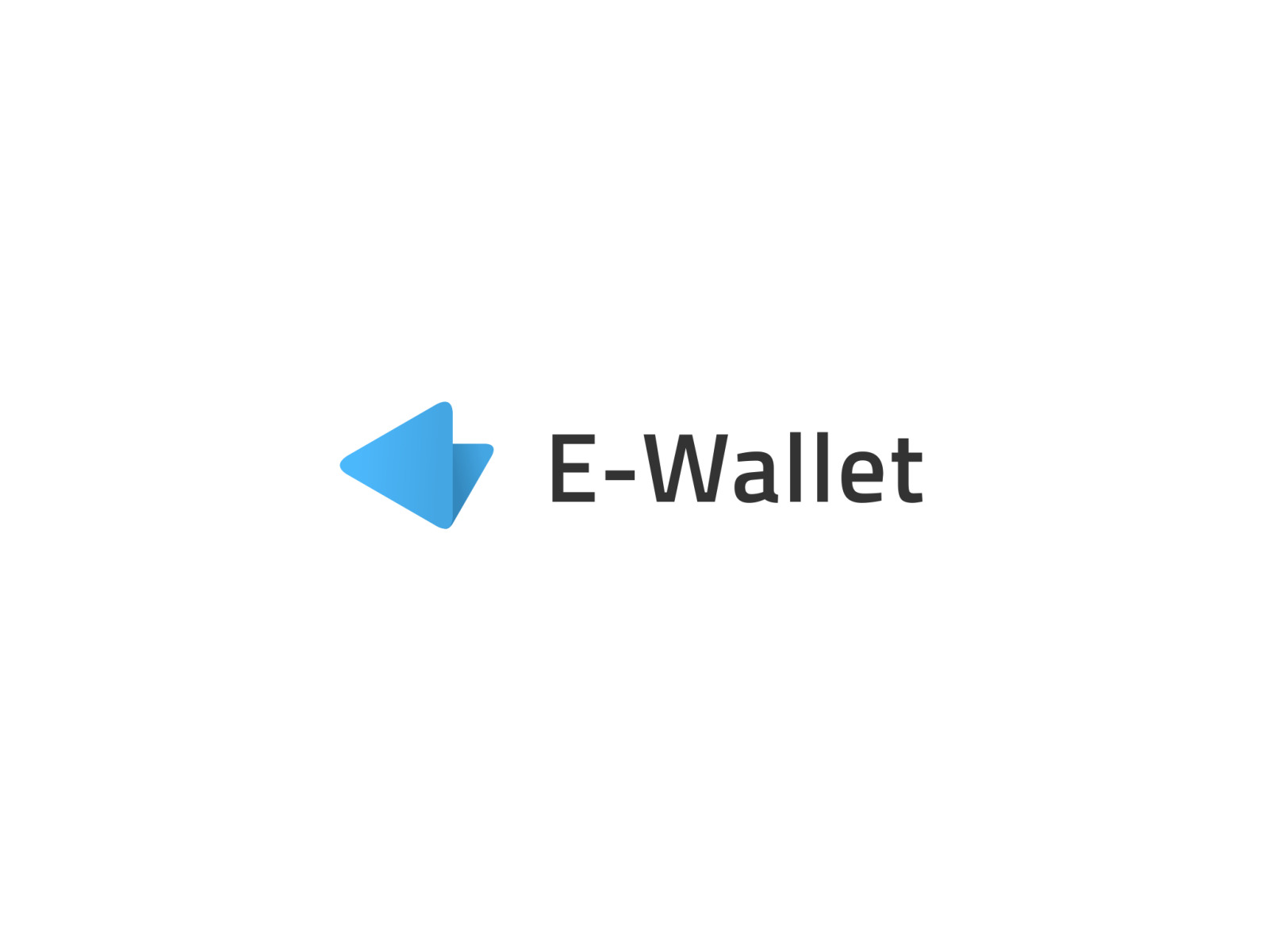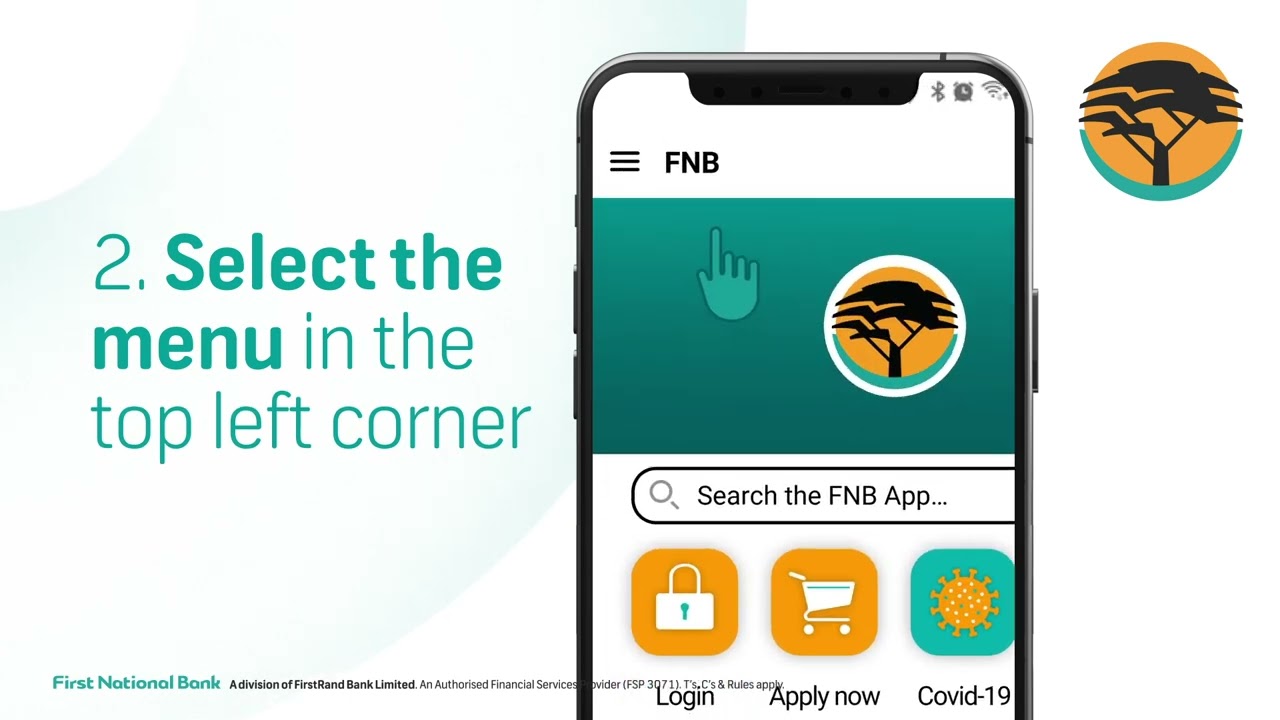Introduction
The digital age has revolutionized the way we transact and manage finances. The advent of eCash and e-wallet technologies has paved the way for cashless payments, offering convenience and security in the digital realm. However, despite their potential advantages, these technologies face several roadblocks that hinder their widespread adoption. In this article, we will explore some of the key challenges that eCash and e-wallet technologies encounter.
Lack of awareness and education pose a significant barrier to the adoption of eCash and e-wallet technologies. Many consumers remain unfamiliar with the benefits and functionalities of these digital payment methods. Without a clear understanding of how these technologies work and the advantages they offer, people may hesitate to switch from traditional cash-based transactions to digital alternatives.
Security concerns also play a crucial role in hindering the widespread adoption of eCash and e-wallet technologies. Users worry about the vulnerability of their personal and financial information to cyber threats, such as data breaches and identity theft. The fear of unauthorized access or fraudulent transactions prevents many individuals from fully embracing these technologies.
Another roadblock is the limited acceptance and integration of eCash and e-wallet technologies across various platforms and businesses. For these technologies to become universally useful, they need to be accepted at a wide range of retailers, online platforms, and service providers. However, the lack of integration with existing payment systems and limited acceptance at different establishments limits the usability and convenience of eCash and e-wallets.
The infrastructure and connectivity issues prevalent in certain regions are also hindrances to the widespread adoption of eCash and e-wallet technologies. In areas with limited internet connectivity or unreliable networks, users may find it challenging to perform digital transactions. The absence of a robust digital infrastructure makes it difficult for eCash and e-wallet technologies to operate smoothly and reliably in these regions.
Furthermore, regulatory and legal challenges pose barriers to the growth of eCash and e-wallet technologies. Different countries have their own regulations and policies regarding digital payments, leading to complications and inconsistencies in the use and acceptance of eCash and e-wallets. The lack of standardized regulations and procedures poses significant challenges for businesses and users alike.
Lack of Awareness and Education
One of the key roadblocks to the widespread adoption of eCash and e-wallet technologies is the lack of awareness and education among consumers. Many people are still unfamiliar with the functionalities and benefits of these digital payment methods, which hampers their willingness to switch from traditional cash-based transactions.
While eCash and e-wallets offer convenience and security, the average consumer may not fully understand how these technologies work or how to utilize them effectively. The complexity of digital payment systems can be intimidating, especially for older generations or individuals with limited technological literacy. Without proper education and awareness, potential users may be resistant to incorporating eCash and e-wallets into their daily transactions.
To address this issue, efforts must be made to increase public knowledge about eCash and e-wallet technologies. Educational campaigns could be launched to inform consumers about the benefits and ease of use of these digital payment methods. Providing clear and simple instructions on how to set up and use eCash and e-wallets can help demystify the process and encourage wider adoption.
Collaboration between financial institutions, technology companies, and educational institutions is crucial in promoting awareness and education. By working together, these stakeholders can develop educational materials, workshops, and training programs to equip individuals with the necessary knowledge and skills to make seamless and secure transactions using eCash and e-wallets.
In addition, it is important to address the concerns and misconceptions surrounding eCash and e-wallet technologies. Many individuals may have heard about security breaches or scams related to digital payments, leading to a lack of trust and reluctance to adopt these technologies. By providing accurate and transparent information about the security measures and protections in place, consumers can have a better understanding of the safety mechanisms within eCash and e-wallet systems.
Furthermore, financial literacy programs should include information on digital payment methods, including eCash and e-wallets. By integrating these topics into school curricula or offering workshops for communities, individuals can gain essential knowledge on managing finances and making secure digital transactions. Increased awareness and education will empower consumers to make informed choices and embrace the benefits of eCash and e-wallets in the future.
Security Concerns
Security concerns are a significant roadblock to the widespread adoption of eCash and e-wallet technologies. Users are often apprehensive about the safety of their personal and financial information when making digital transactions. Protection against cyber threats such as data breaches and identity theft is critical for users to trust and embrace these payment methods.
One of the main concerns is the fear of unauthorized access to eCash and e-wallet accounts. Users worry that hackers may gain access to their digital wallets and steal their funds. To address this issue, robust security measures must be in place, including advanced encryption techniques and multi-factor authentication. Implementing these security features can significantly reduce the risk of unauthorized access and provide users with peace of mind.
Another common security concern is the occurrence of fraudulent transactions. As with any form of electronic payment, there is a risk of fraudulent activity, such as unauthorized transactions and scams. Phishing attempts and fake websites designed to trick users into revealing their personal information are prevalent in the digital world.
Educating users about the warning signs of fraudulent activities and providing guidelines on safe online practices can help mitigate these risks. Furthermore, implementing fraud detection and prevention measures within eCash and e-wallet systems can enhance security and safeguard users from financial loss.
The vulnerability of personal data during eCash and e-wallet transactions is also a point of concern. Users worry that their sensitive information, including credit card details and personal identification, may be compromised. Encryption protocols and secure data storage practices are essential to protect user data from unauthorized access.
To foster user trust, eCash and e-wallet providers must prioritize security and transparency. Regular security audits, compliance with industry standards, and transparent privacy policies can help build user confidence. Displaying security badges and certifications on the platforms can reassur users and indicate that their data is being handled securely.
Collaboration with cybersecurity experts and constant monitoring of evolving threats can ensure that eCash and e-wallet technologies stay ahead of potential vulnerabilities. Additionally, prompt customer support and clear procedures for reporting any suspicious activities can contribute to a more secure and reliable eCash and e-wallet ecosystem.
By addressing these security concerns head-on and providing robust protective measures, eCash and e-wallet technologies can gain the trust and confidence of users, paving the way for wider adoption and integration into everyday financial transactions.
Limited Acceptance and Integration
One of the major roadblocks to the widespread adoption of eCash and e-wallet technologies is the limited acceptance and integration across various platforms and businesses. For these payment methods to become universally useful, they must be accepted by a wide range of retailers, online platforms, and service providers.
Many small businesses and local retailers still primarily rely on traditional cash transactions, which can create a barrier for users who prefer to use eCash or e-wallets. Limited acceptance at physical stores and lack of integration with existing payment systems make it inconvenient for users to utilize their digital wallets for everyday purchases.
To overcome this challenge, it is crucial to encourage businesses to adopt digital payment options and provide incentives for them to integrate eCash and e-wallet technologies into their existing systems. This can be done by offering lower transaction fees or providing support in setting up the necessary infrastructure.
Additionally, collaborations between eCash and e-wallet providers and major retail chains can lead to wider acceptance and integration. By forming partnerships, these technologies can become more familiar and accessible to consumers, enabling them to make digital payments at their preferred stores.
Furthermore, the integration of eCash and e-wallet technologies into e-commerce platforms is essential. Online retailers should prioritize providing options for eCash and e-wallet payments, allowing customers to make hassle-free transactions. Seamless integration with popular online marketplaces can significantly enhance the user experience and drive adoption.
Another aspect of integration is the interoperability between different eCash and e-wallet providers. Fragmentation in the industry can create confusion and limit the convenience for users. Efforts should be made to establish interoperability standards that allow users to transfer funds seamlessly between different digital wallets, regardless of the provider.
Moreover, overcoming the language and currency barriers is critical for global acceptance and integration. Localizing eCash and e-wallet platforms to cater to specific regions and ensuring compatibility with various currencies can foster wider adoption and usage among diverse populations.
By focusing on expanding acceptance, encouraging integration, and enhancing interoperability, eCash and e-wallet technologies can overcome the obstacle of limited acceptance. This would provide users with a more convenient and versatile digital payment experience, paving the way for increased adoption in the future.
Infrastructure and Connectivity Issues
Infrastructure and connectivity issues present significant roadblocks to the widespread adoption of eCash and e-wallet technologies. In many regions, particularly in developing countries or remote areas, limited access to reliable internet connectivity and a lack of digital infrastructure hinder the seamless functioning of these payment methods.
One of the key challenges is the availability and reliability of internet connectivity. In some areas, internet access may be limited or inconsistent, making it difficult for users to perform digital transactions using eCash and e-wallets. Without a stable internet connection, users may struggle to access their funds or initiate transactions, leading to frustration and a lack of trust in these technologies.
To address this issue, efforts should be made to improve internet infrastructure, aiming for broader coverage and higher connection speeds. Public and private sector collaboration, investment in telecommunications, and initiatives to bridge the digital divide can help overcome these connectivity challenges. Providing reliable internet access to under-served regions can ensure that users have equal opportunities to engage in digital transactions using eCash and e-wallet technologies.
An additional infrastructure challenge is the availability of payment terminals or points of sale (POS) devices. While eCash and e-wallet technologies offer convenience for online purchases, physical retailers and service providers may lack the necessary infrastructure to accept these digital payments. The absence of compatible payment terminals or card readers prohibits users from utilizing their eCash or e-wallet for in-person transactions.
To address this issue, eCash and e-wallet providers can collaborate with payment terminal manufacturers and financial institutions to ensure the widespread availability of compatible devices. Offering cost-effective and user-friendly POS solutions can encourage retailers to adopt digital payment options, enabling users to make convenient transactions using their eCash and e-wallets.
Moreover, integrating eCash and e-wallet technologies with existing banking infrastructure is crucial. Collaboration between e-wallet providers and financial institutions can create synergy by leveraging the existing banking network and infrastructure. This integration can enable users to seamlessly transfer funds between their e-wallets and traditional bank accounts, enhancing convenience and accessibility across various financial channels.
Efforts should also be made to enhance the reliability and security of transaction processing systems. System upgrades, regular maintenance, and strict adherence to industry standards are essential to ensure smooth transaction processing and minimize technical glitches and malfunctions.
By addressing infrastructure and connectivity issues, eCash and e-wallet technologies can reach a broader user base and provide equal opportunities for individuals to participate in digital financial transactions. It is crucial to invest in internet infrastructure, expand the availability of compatible payment terminals, and integrate these technologies with existing banking systems to enhance accessibility and usability for users worldwide.
Regulatory and Legal Challenges
Regulatory and legal challenges pose significant roadblocks to the widespread adoption of eCash and e-wallet technologies. Different countries have their own regulations and policies regarding digital payments, leading to complications and inconsistencies in the use and acceptance of these digital payment methods.
One of the key challenges is the lack of standardized regulations and procedures across different jurisdictions. Each country may have its own set of rules and requirements, making it difficult for eCash and e-wallet providers to operate seamlessly across borders. This lack of harmonization creates complexity for businesses and users, hindering the interoperability and acceptance of these technologies on a global scale.
To address this issue, international collaborations and discussions are necessary to establish common standards for digital payment regulations. International bodies and organizations can play a crucial role in facilitating discussions and negotiations among different countries, aiming to create a unified framework that enables the smooth operation of eCash and e-wallet technologies across borders.
Another challenge lies in ensuring compliance with anti-money laundering (AML) and Know Your Customer (KYC) regulations. Financial institutions and digital payment providers must fulfill these obligations to mitigate the risks of money laundering and terrorist financing. However, the processes and requirements for AML and KYC compliance may vary from one country to another, creating additional hurdles for eCash and e-wallet providers.
Simplifying and harmonizing AML and KYC regulations can promote innovation and facilitate the growth of eCash and e-wallet technologies while maintaining financial integrity. Collaboration between regulatory authorities and industry stakeholders is crucial to strike the right balance between compliance and user convenience.
Furthermore, data protection and privacy laws also impact the adoption of eCash and e-wallet technologies. Users are concerned about the security and privacy of their personal information, particularly in the context of digital transactions. These concerns are often amplified by breaches and leaks of sensitive data.
To address these concerns, data protection laws should be comprehensive and enforceable, providing individuals with control over their personal information and imposing stringent security measures on eCash and e-wallet providers. Transparency in data handling practices and measures to obtain user consent are essential to build trust among users and foster wider adoption of these technologies.
Overall, regulatory and legal challenges must be addressed collaboratively by governments, regulatory authorities, and industry stakeholders. Establishing standardized regulations, simplifying AML and KYC processes, and ensuring robust data protection laws are crucial steps to overcome these challenges and create an enabling environment for the widespread adoption of eCash and e-wallet technologies.
Interoperability and Standardization
Interoperability and standardization are key challenges that impede the widespread adoption of eCash and e-wallet technologies. The lack of interoperability and standardized protocols creates barriers for users who may have multiple e-wallets or want to transfer funds between different providers.
Interoperability refers to the ability of different eCash and e-wallet providers to seamlessly communicate and interact with one another. Without interoperability, users are limited in their options and may face difficulties when trying to perform transactions across different platforms or transfer funds between different e-wallet accounts.
To address this issue, industry-wide collaboration is essential. Collaboration among eCash and e-wallet providers, financial institutions, and technology companies can lead to the development of common protocols and standards that enable interoperability. Implementing standardized protocols for fund transfer, transaction processing, and user authentication can enhance the compatibility and interoperability between different eCash and e-wallet platforms.
Standardization is equally crucial in ensuring a consistent user experience across various eCash and e-wallet providers. Standardized user interfaces, transaction processes, and security measures help users navigate and utilize different e-wallet systems with ease. A standardized user experience not only simplifies the adoption of eCash and e-wallet technologies but also enhances user confidence and trust.
International organizations and industry associations can play a vital role in driving the standardization efforts. These entities can facilitate discussions and negotiations among stakeholders to establish common standards for security, user experience, and technical specifications. The development and adherence to these standards would promote interoperability and streamline the adoption of eCash and e-wallet technologies.
Efforts should also be made to establish interoperability between eCash and e-wallet systems and other payment methods. Integration with existing payment channels, such as credit cards or bank accounts, can provide users with flexible and seamless options for fund transfer and payment. Bridging the gap between eCash and e-wallet technologies and traditional payment systems can enhance convenience and user acceptance.
Moreover, cross-border interoperability is vital for facilitating international transactions and expanding the reach of eCash and e-wallet technologies. Collaborations between different countries and regions can establish common standards and protocols that enable cross-border transactions. Seamless and secure cross-border payments would encourage international trade and tourism, promoting the global acceptance and adoption of eCash and e-wallet technologies.
By prioritizing interoperability and standardization, the eCash and e-wallet industry can overcome compatibility issues and fragmentation, paving the way for a more seamless and user-friendly digital payment ecosystem. Collaboration and cooperation among stakeholders are crucial to establish common protocols and standards that enhance interoperability and provide users with a consistent, reliable, and convenient payment experience.
Lack of Trust and Confidence
The lack of trust and confidence among users is a significant roadblock to the widespread adoption of eCash and e-wallet technologies. Many individuals are hesitant to embrace these digital payment methods due to concerns about security, privacy, reliability, and potential financial risks.
One of the main factors contributing to this lack of trust is the fear of unauthorized access to funds or personal information. Users worry that their eCash and e-wallet accounts may be vulnerable to hacking, leading to potential financial losses or the exposure of sensitive data. To overcome this barrier, eCash and e-wallet providers must prioritize and invest in robust security measures, such as encryption protocols and multi-factor authentication, to ensure the utmost protection of user data and funds.
Transparency is also critical in establishing trust among users. Providing clear information about the security measures in place, the data handling practices, and the steps taken to prevent fraud and unauthorized access can help build confidence in eCash and e-wallet technologies. Regular communication and updates regarding security enhancements and incident response procedures can also demonstrate a commitment to protecting users’ interests.
Furthermore, addressing privacy concerns is essential in building trust. Users want assurance that their personal information will not be misused or shared without their consent. Implementing comprehensive privacy policies and obtaining user consent for data collection and use can help alleviate these concerns. Clear communication about how user data is handled and shared, along with stringent compliance with privacy laws and regulations, can foster trust and confidence in the eCash and e-wallet ecosystem.
Reliability and ease of use are also key factors in establishing trust. Users need assurance that eCash and e-wallet technologies will work seamlessly and consistently without disruptions or errors. Smooth transaction processing, quick response times, and user-friendly interfaces contribute to a positive user experience and instill confidence in the reliability of these payment methods.
Educational efforts are vital in addressing the lack of trust and confidence. Users need to be educated about the benefits, functionalities, and security measures of eCash and e-wallet technologies. Educational campaigns, tutorials, and customer support services can acclimate users to the digital payment ecosystem and address any concerns or skepticism they may have.
Moreover, establishing trust seals, certifications, and partnerships with reputable institutions can promote user confidence. Displaying security badges, compliance certifications, and affiliations with trusted financial institutions or industry organizations can signal to users that the eCash and e-wallet services are reliable and secure.
By prioritizing security, transparency, reliability, and user education, eCash and e-wallet providers can address the lack of trust and confidence among users. Building trust is essential for increasing adoption and ensuring the long-term success of these technologies as they continue to reshape the way we conduct financial transactions.
Privacy Concerns
Privacy concerns are a significant roadblock to the widespread adoption of eCash and e-wallet technologies. Users are increasingly cautious about how their personal information is collected, stored, and used in the digital realm. Addressing and mitigating these concerns is crucial for building trust and encouraging broader adoption of these payment methods.
One of the main privacy concerns is the fear of unauthorized access to personal and financial data. Users worry that their sensitive information, such as credit card details and personal identification, may be compromised. It is essential for eCash and e-wallet providers to prioritize data security, implementing robust encryption protocols and secure storage practices to protect user data from unauthorized access.
Transparency is key in addressing privacy concerns. Users want assurance that their personal information will not be misused or shared without their consent. eCash and e-wallet providers should clearly communicate their data handling practices, including how and why user data is collected and used. Implementing comprehensive privacy policies and obtaining informed user consent for data collection and processing can help alleviate these concerns and build trust.
Furthermore, strict compliance with privacy laws and regulations is crucial. eCash and e-wallet providers must adhere to industry standards and legal requirements regarding data protection and privacy. By maintaining transparency and demonstrating a commitment to privacy compliance, providers can reinforce user trust and confidence in their services.
Another privacy concern is the potential tracking and monitoring of users’ financial transactions. Some individuals are uncomfortable with the idea of their spending habits being tracked and analyzed by eCash and e-wallet providers. To address this concern, providers should clearly communicate their data usage policies and offer opt-out options for data tracking and analysis. Allowing users to have control over their data and providing transparency about how their transaction data is used can help alleviate privacy concerns.
Enhancing user controls and options for managing privacy settings can also promote user confidence. Giving users the ability to customize their privacy preferences, such as limiting data sharing or choosing the level of transaction visibility, allows them to tailor their privacy settings according to their comfort level. User-friendly interfaces and easy-to-understand settings can empower users to have greater control over their privacy while using eCash and e-wallet technologies.
Education is key in addressing privacy concerns. Users should be educated about the privacy measures and protections in place within eCash and e-wallet systems. Educational campaigns, FAQs, and customer support can help users understand how their data is handled and provide them with the necessary information to make informed decisions about privacy settings and usage of these technologies.
By prioritizing data security, transparency, user control, and privacy education, eCash and e-wallet providers can mitigate privacy concerns. Building robust privacy practices and respecting user privacy preferences are vital in fostering user trust and encouraging broader adoption of these technologies.
Cost and Accessibility
The cost and accessibility of eCash and e-wallet technologies present significant roadblocks to their widespread adoption. Affordability and ease of access are crucial factors that influence the adoption and usage of these digital payment methods for individuals from all socio-economic backgrounds.
One of the challenges is the cost associated with using eCash and e-wallet technologies. Some users may perceive these payment methods as costly due to transaction fees, account maintenance charges, or currency conversion fees. This perception can deter individuals who are budget-conscious or have limited disposable income from utilizing these payment methods regularly.
To address this issue, eCash and e-wallet providers should aim to offer competitive pricing structures. Lower transaction fees, reduced or waived account maintenance charges for certain user segments, and transparent fee structures can make eCash and e-wallet technologies more affordable and financially accessible for a wider range of users.
Moreover, promoting partnerships with financial institutions can facilitate access to eCash and e-wallet technologies, particularly for individuals who may not have access to traditional banking services. Collaborations with banks or other financial service providers can enable individuals to link their e-wallets to bank accounts or obtain virtual cards, improving the usability and accessibility of these payment methods.
Accessibility is another important aspect that affects the adoption of eCash and e-wallets. Access to smartphones or other devices, internet connectivity, and digital literacy play a role in determining how easily individuals can access and utilize these technologies.
Efforts should be made to bridge the digital divide and ensure equal access to eCash and e-wallet technologies. Increased internet penetration and improved connectivity infrastructure can enhance accessibility for individuals in remote areas or developing regions. Moreover, initiatives that provide affordable access to smartphones or other devices can help expand the reach of eCash and e-wallet technologies to a wider population.
Investment in digital literacy programs is essential to improve accessibility. By offering training and education on digital payment systems, individuals can become familiar with the functionalities and benefits of eCash and e-wallet technologies, thereby increasing their confidence and ability to use these tools effectively.
Collaboration between eCash and e-wallet providers, government agencies, and NGOs can help create awareness and provide support to marginalized communities. Outreach programs, subsidies, and financial incentives can increase accessibility and encourage individuals to adopt eCash and e-wallet technologies.
Additionally, improving the user experience and user interface of eCash and e-wallet platforms can enhance accessibility. User-friendly interfaces, intuitive design, and localized language options can make these technologies more approachable and user-friendly for individuals with varying levels of digital literacy.
By addressing cost concerns and enhancing accessibility through affordability measures, infrastructure development, and digital literacy initiatives, eCash and e-wallet providers can expand their user base and ensure that these technologies are accessible to individuals of all backgrounds and economic circumstances.
Fraud and Scams
Fraud and scams are significant concerns that hinder the widespread adoption of eCash and e-wallet technologies. Users worry about the risk of falling victim to fraudulent activities when making digital transactions and sharing their personal and financial information online.
One of the main types of fraud associated with eCash and e-wallets is phishing. Scammers use fraudulent emails, messages, or websites that mimic legitimate eCash or e-wallet providers to trick users into revealing their account credentials or personal information. This information can then be used for unauthorized access or fraudulent transactions.
To address this issue, user education is essential. Users should be aware of the warning signs of phishing attempts and be cautious when providing sensitive information online. eCash and e-wallet providers should regularly communicate with users about common phishing methods and provide guidelines on how to identify and avoid falling victim to scams.
Implementing robust authentication measures can also help mitigate the risk of fraud. Two-factor authentication, such as using a combination of passwords and unique codes sent to a user’s registered mobile device, adds an additional layer of security and reduces the risk of unauthorized access to eCash and e-wallet accounts.
Another fraud concern is the occurrence of unauthorized transactions. Users worry about fraudulent charges made using their eCash or e-wallet accounts without their knowledge or consent. eCash and e-wallet providers should have strong fraud detection and prevention measures in place to promptly identify and flag suspicious activities.
Customer support and dispute resolution mechanisms are crucial in addressing fraud-related concerns. Users should have clear channels to report any unauthorized transactions and receive prompt assistance from customer support teams. A responsive and efficient dispute resolution process can help resolve fraudulent transactions and provide users with the necessary recourse.
Additionally, eCash and e-wallet providers must prioritize data security. Protecting user data through secure encryption protocols and robust security measures can prevent fraudsters from obtaining sensitive information and reduce the risk of fraudulent activities.
Collaboration between eCash and e-wallet providers, financial institutions, and law enforcement agencies is essential in combating fraud. Sharing information and best practices can help identify and address emerging fraud techniques, aiding in early detection and prevention.
Education and awareness campaigns about fraud and scams are crucial to empower users and protect them from falling victim to fraudulent activities. Users should be educated about the risks, preventative measures, and steps to take if they encounter fraudulent transactions or suspect any suspicious activities.
By implementing strong authentication measures, prioritizing security, providing robust customer support, and facilitating collaborations with industry stakeholders, eCash and e-wallet providers can create a safer environment for digital transactions, mitigating fraud concerns and building trust among users.
Conclusion
eCash and e-wallet technologies offer tremendous potential for revolutionizing the way we transact and manage finances. However, several roadblocks exist that hinder their widespread adoption. Lack of awareness and education, security concerns, limited acceptance and integration, infrastructure and connectivity issues, regulatory and legal challenges, interoperability and standardization, lack of trust and confidence, privacy concerns, cost and accessibility, and fraud and scams are all significant challenges that need to be addressed.
To overcome these roadblocks, collaborative efforts are necessary. Educational campaigns and initiatives can help raise awareness about the benefits and functionalities of eCash and e-wallet technologies, addressing potential concerns and increasing user understanding. Security measures such as robust encryption, multi-factor authentication, and fraud detection should be implemented to mitigate security concerns and build user trust.
Expanding the acceptance and integration of eCash and e-wallet technologies across various platforms, businesses, and payment systems is crucial. Establishing interoperability standards and protocols can enhance convenience for users, while harmonizing regulations and legal frameworks will ensure consistent rules and requirements for the industry.
Building trust and confidence among users is vital. Transparent data handling practices, compliance with privacy laws, and putting user privacy preferences and controls at the forefront will foster trust and alleviate privacy concerns. Ensuring affordability, improving accessibility through digital infrastructure development and education, and addressing fraud and scams will further enhance user adoption and usage of eCash and e-wallet technologies.
In conclusion, addressing the roadblocks to eCash and e-wallet technologies requires a multi-faceted approach. By prioritizing education, security, interoperability, trust, privacy, affordability, accessibility, and fraud prevention, eCash and e-wallet providers, along with financial institutions, regulatory bodies, and technology companies, can create an environment that promotes the widespread adoption and usage of these innovative digital payment methods.










